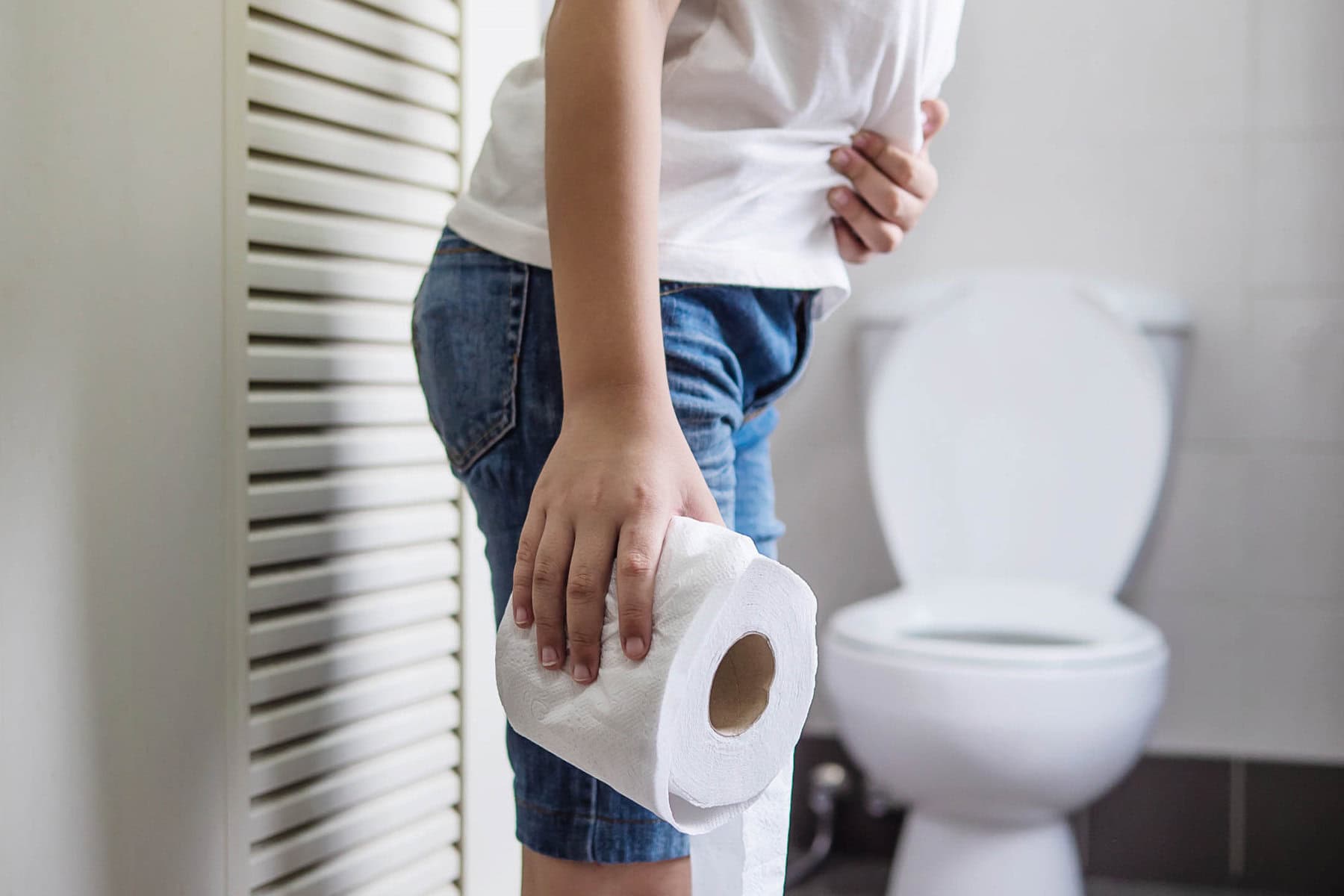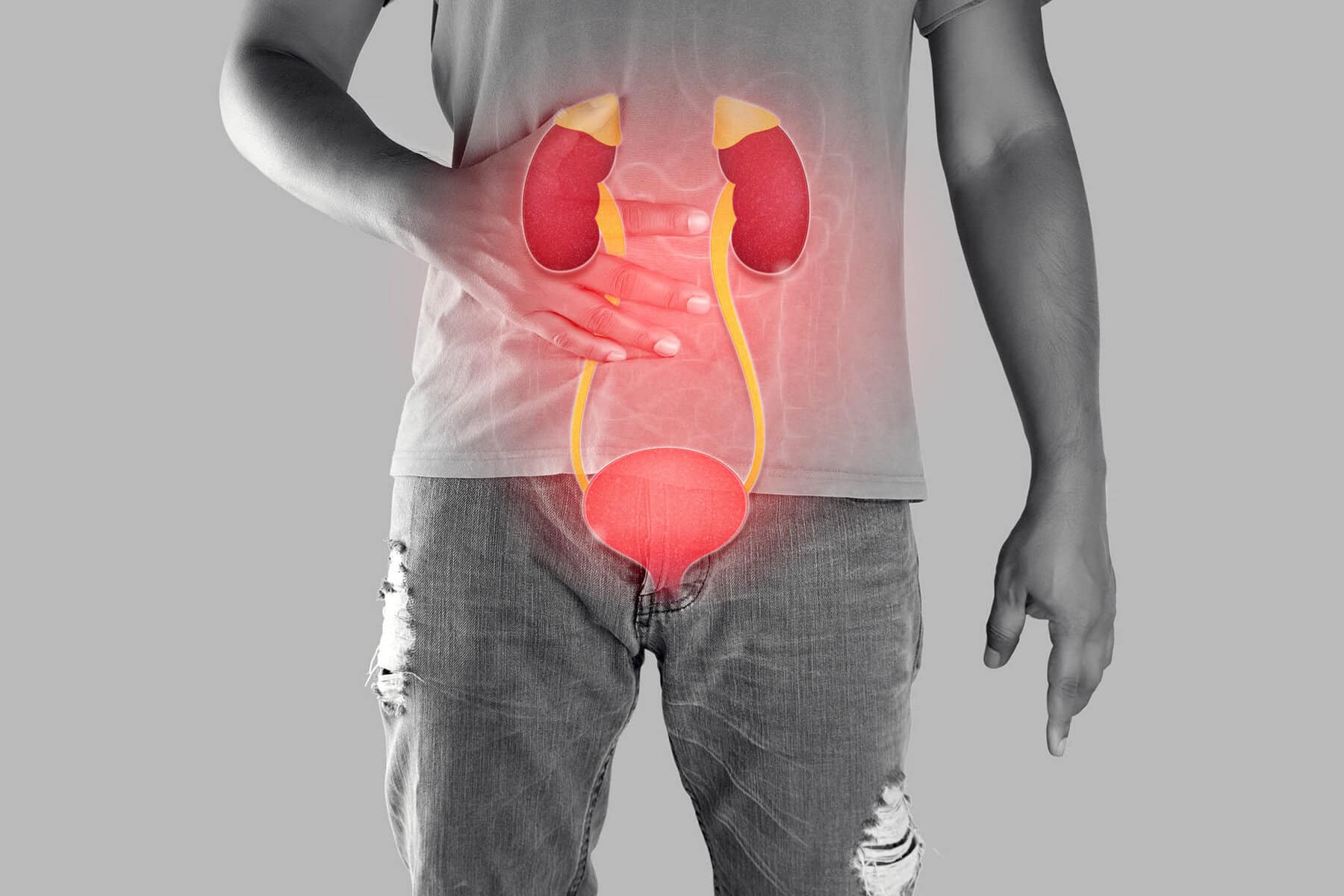What qualifies as “frequent urination”?
Frequent urination refers to the need to urinate more often than what is considered typical. While most people pass urine around six to ten times in a 24-hour period, those experiencing frequent urination may feel the urge more often, even disrupting sleep or daily activities. It’s important to distinguish between simply drinking more fluids and experiencing an increased need to urinate due to an underlying condition.
Why it’s important to address the underlying cause
Addressing the root cause of frequent urination is essential. Although it may seem like a minor inconvenience, it can be a sign of a more serious health issue, such as diabetes, urinary tract infections (UTIs) or prostate conditions. Left untreated, some of these issues can lead to complications or worsening symptoms.
Who is most commonly affected?
Frequent urination can affect anyone but is more common in certain groups. Older adults, people with diabetes, individuals with urinary tract or prostate conditions and those who are pregnant often experience increased urinary frequency. Lifestyle factors such as high caffeine or alcohol intake, certain medications or high fluid consumption can also contribute.
Common Causes of Frequent Urination
Medical Conditions
Urinary Tract Infections (UTIs): A urinary tract infection can cause inflammation and irritation in the lining of the bladder and urethra. This irritation makes the bladder feel fuller than it actually is, leading to the sensation of needing to urinate more often, even when little urine is present.
Diabetes (Type 1 & Type 2): High blood sugar levels associated with both type 1 and type 2 diabetes can cause the kidneys to work harder to filter and absorb excess glucose. When this excess glucose is excreted in the urine, it draws more water with it, increasing urine production and leading to frequent urination.
Overactive Bladder (OAB): Overactive bladder is a condition where the bladder muscles contract involuntarily, causing a sudden and intense urge to urinate. This can happen even when the bladder isn’t full, leading to more frequent trips to the toilet. Common triggers include certain foods, drinks or neurological conditions.
Prostate Issues (Men): An enlarged prostate, common in older men, can press against the urethra and block urine flow. This makes the bladder work harder to empty itself, often resulting in incomplete emptying and the need to urinate more often, especially at night.
Interstitial Cystitis: Also known as painful bladder syndrome, interstitial cystitis involves chronic inflammation of the bladder wall. This condition leads to ongoing bladder pressure, pain and a strong frequent urge to urinate, often in small volumes and throughout both the day and night.
Pregnancy: During pregnancy, hormonal changes and the growing uterus exert pressure on the bladder. This reduces its capacity to hold urine and leads to more frequent urination, especially during the first and third trimesters.
Lifestyle & Dietary Factors
Excessive Fluid Intake: Consuming large volumes of fluid throughout the day, especially drinks that contain caffeine or alcohol, can significantly increase how often you need to urinate. These substances not only contribute to your total fluid intake but also irritate the bladder, prompting more frequent urges.
Diuretics (Medications & Foods): Certain medications, particularly diuretics prescribed for high blood pressure or heart conditions, work by encouraging the kidneys to expel more sodium and water. This results in increased urine production. Some natural diuretics, found in foods such as celery, watermelon and certain herbal teas, can have a similar effect.
Stress & Anxiety: Psychological factors such as stress and anxiety often contribute to physical symptoms, with frequent urination being a typical response. When the body enters a state of stress, the nervous system becomes more alert, which can lead to increased bladder sensitivity and urgency.
When to See a Doctor
Frequent urination can sometimes be a sign of an underlying health condition. If it is accompanied by other symptoms such as pain during urination, blood in the urine, fever or an urgent need to urinate that disrupts your daily life, it’s important to seek medical advice. A doctor may recommend diagnostic tests such as urine analysis, blood tests or imaging studies to determine the cause and provide appropriate treatment.
Managing & Treating Frequent Urination
Lifestyle Changes
Simple changes to daily habits can significantly improve symptoms of frequent urination. Monitoring and reducing fluid intake, such as limiting drinks close to bedtime or avoiding excessive fluid consumption in a short period, can help reduce urgency and nighttime urination. Reducing or eliminating caffeine and alcohol, both of which are diuretics, can lessen bladder irritation and frequent urges. Bladder training techniques, such as timed voiding and gradually increasing the time between bathroom visits, can also improve bladder control over time.
Dietary Adjustments
Certain foods and drinks can irritate the bladder and worsen urinary frequency. Spicy foods, citrus fruits, artificial sweeteners and carbonated beverages are common triggers. Healthier alternatives like bananas, oats and whole grains are typically more bladder-friendly. Balancing hydration is also essential. While it’s important to drink enough water, spacing out fluid intake throughout the day can help prevent overstimulation of the bladder.
Medical Treatments
When lifestyle and dietary changes aren’t enough for reducing frequent urination, medical treatment may be required. Depending on the cause, doctors may prescribe medications to treat conditions such as overactive bladder, urinary tract infections or prostate enlargement. Pelvic floor physical therapy, including Kegel exercises, can strengthen the muscles that control urination. In more severe cases, surgical options may be considered to address structural or functional issues.
Natural Remedies & Home Strategies
For individuals looking for non-medical approaches to managing frequent urination, a number of natural remedies and lifestyle strategies can help reduce symptoms. Certain herbal supplements, such as pumpkin seed extract, have been studied for their potential to support bladder health and reduce urinary frequency. Although more commonly associated with urinary tract health, cranberry products may also provide benefits in reducing irritation that can lead to urgency.
Relaxation techniques such as deep breathing exercises, mindfulness meditation or progressive muscle relaxation can help calm the nervous system and reduce bladder sensitivity, particularly in cases where stress or anxiety contribute to urinary urgency. Maintaining a healthy weight is also important, as excess body weight can place pressure on the bladder, worsening urinary frequency. By combining these home-based strategies with professional guidance when needed, many people find effective, natural ways to manage frequent urination symptoms.
Taking Control of Your Bladder Health
Frequent urination can result from a variety of medical conditions, lifestyle habits or dietary triggers, and understanding the underlying cause is the first step towards effective management. By keeping a close eye on your symptoms and noting any changes in frequency, urgency or discomfort, you can provide valuable information for your healthcare provider. Prioritising bladder health through balanced hydration, avoiding known irritants, managing stress and seeking timely medical advice can lead to better comfort and fewer interruptions to daily life.



